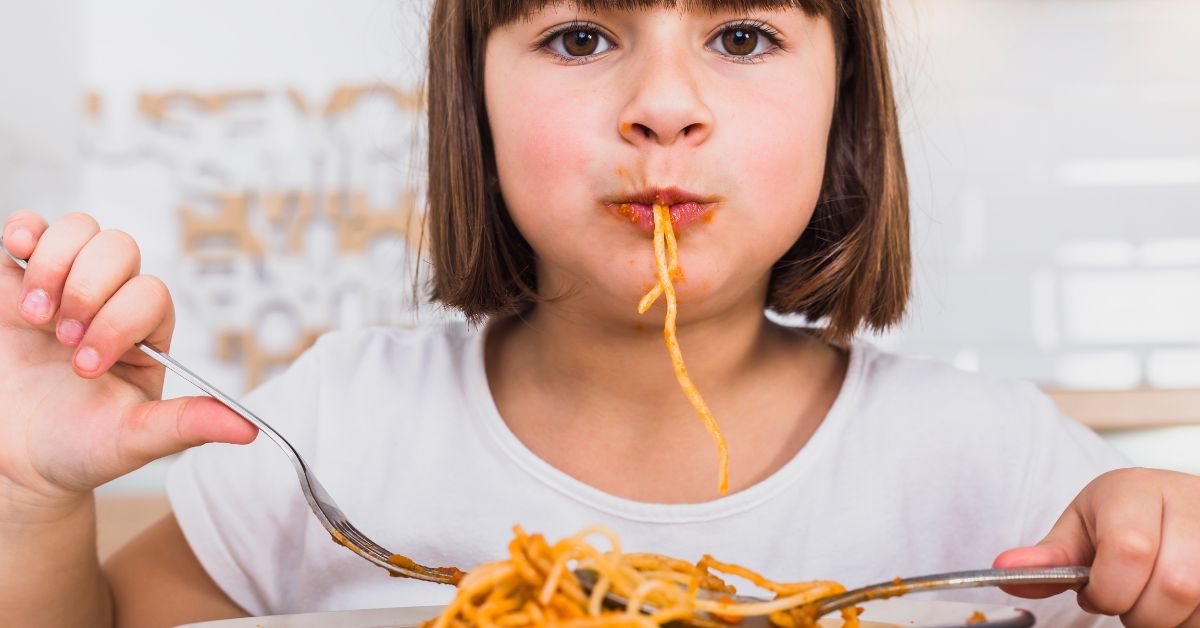Tooth extraction can be a stressful experience, and recovery can be tricky. One common question many people have post-extraction is whether they can eat foods like spaghetti. After all, pasta is a staple in many diets and offers a comforting meal. But can you indulge in it safely after a tooth extraction? In this article, we’ll discuss the risks, precautions, and tips for eating spaghetti after a dental procedure, ensuring you make informed decisions while promoting a smooth recovery. Let’s dive into the details!
Can I Eat Spaghetti After Tooth Extraction? The Ultimate Guide
After a tooth extraction, it’s crucial to take extra care in selecting your foods to avoid complications such as infection, discomfort, or dislodging the blood clot. In this guide, we will answer this question, cover the do’s and don’ts of eating spaghetti, and give you a clear understanding of when it’s safe to eat this popular pasta dish. Below is the detailed breakdown:
Why You Need to Be Cautious After Tooth Extraction
To understand if eating spaghetti is safe, it’s important to first comprehend the healing process after tooth extraction. When a tooth is pulled, a blood clot forms at the extraction site to protect the underlying bone and nerves. Disturbing this clot can lead to dry socket, a painful condition that significantly prolongs recovery.
What happens after tooth extraction?
-
Blood Clot Formation: After extraction, the wound is initially closed with a blood clot.
-
Healing Process: Over the next few days, the clot helps the tissue regenerate and heal, gradually filling in the gap left by the extracted tooth.
Why avoid certain foods during recovery?
-
Foods that are too hot, cold, spicy, or hard can interfere with the healing process.
-
Sticky or chewy foods may irritate the site, leading to discomfort or complications.
Thus, you need to avoid certain foods during the initial stages of recovery.
Can Spaghetti Be Eaten After Tooth Extraction?
Now, let’s answer the burning question—can you eat spaghetti after tooth extraction? The simple answer is yes, but with several caveats. Pasta, like spaghetti, is relatively soft, which makes it a safer option than hard or crunchy foods. However, the texture of the sauce, the state of your extraction site, and the timing of your recovery are all factors to consider.
Things to Keep in Mind:
-
Avoid Hot Sauces: Hot food can increase the risk of irritation.
-
Go for Soft Pasta: Ensure the spaghetti is cooked well, making it easier to chew.
-
Chew Carefully: Avoid chewing directly on the extraction side to prevent disturbing the clot.
Tips for Eating Spaghetti Safely Post-Extraction
After tooth extraction, you should follow these tips to enjoy spaghetti without risking your recovery:
-
Opt for Soft and Overcooked Spaghetti: The softer the pasta, the easier it will be to chew without putting stress on the extraction site.
-
Choose Mild Sauces: Stay away from spicy or acidic sauces (e.g., tomato) as they can irritate the wound. A simple butter or olive oil sauce may be a safer choice.
-
Avoid Large Bites: Cut the spaghetti into small, manageable pieces to avoid large bites, which can stress the mouth and extraction site.
-
Avoid Cheese or Other Hard Toppings: If you’re adding toppings, go for softer options such as ricotta or shredded mozzarella. Avoid hard cheese or any toppings that require extra chewing.
When Can You Safely Eat Spaghetti After Tooth Extraction?
Timing is everything when it comes to post-extraction meals. It’s essential to give your mouth time to heal before indulging in foods like spaghetti. Here’s a timeline of what to expect and when it’s okay to eat certain foods:
First 24-48 Hours:
- Stick to soft, cold foods like ice cream, smoothies, and yogurt.
- Avoid anything that might disturb the blood clot, such as hard foods, straws, or hot food.
Days 3-7:
- As swelling and pain start to subside, you can begin introducing foods like mashed potatoes, scrambled eggs, and pasta.
- Make sure the spaghetti is cooked very soft and eaten in small bites.
Week 2 and Beyond:
- By now, you can usually eat most foods, including spaghetti. Just continue to be cautious about chewing directly on the extraction site.
Tip: If you have any doubts, it’s best to consult your dentist or oral surgeon for advice specific to your recovery.
Frequently Asked Questions (FAQs)
1. Can I eat spaghetti after wisdom tooth extraction?
Yes, as long as the pasta is soft and you’re careful not to disturb the extraction site, spaghetti is safe to eat after wisdom tooth removal.
2. How long after tooth extraction can I eat pasta?
Wait at least 3-4 days before consuming pasta, and ensure the spaghetti is soft and well-cooked.
3. Are there any sauces I should avoid with spaghetti after tooth extraction?
Yes, avoid spicy, hot, or acidic sauces (like tomato-based sauces) as they may irritate the healing site.
4. Can I chew on the side of my extraction after eating spaghetti?
No, it’s best to avoid chewing directly on the extraction site to prevent complications like dry socket.
5. Is it safe to eat spaghetti with cheese after tooth extraction?
It’s best to choose soft, mild cheeses like ricotta or mozzarella and avoid hard or sharp cheeses that require excessive chewing.
6. Can I eat other pasta dishes after tooth extraction?
Yes, as long as they are soft and don’t contain hard or chewy ingredients, such as tough meats or crusty bread.
Conclusion
In conclusion, yes, you can eat spaghetti after tooth extraction, but with caution. Make sure the pasta is soft, and the sauce mild. Timing also plays a crucial role—wait until the initial healing phase has passed before enjoying more solid foods. By following proper precautions and listening to your body, you can enjoy your favorite foods without compromising the healing process.
